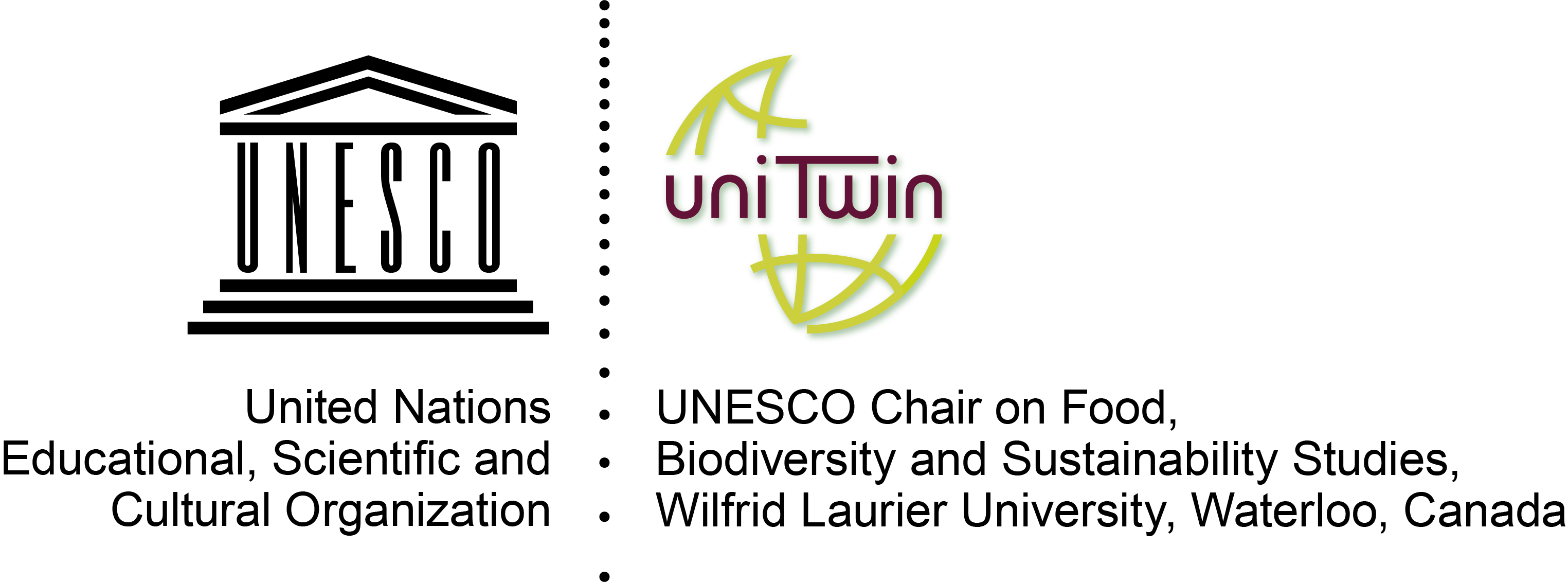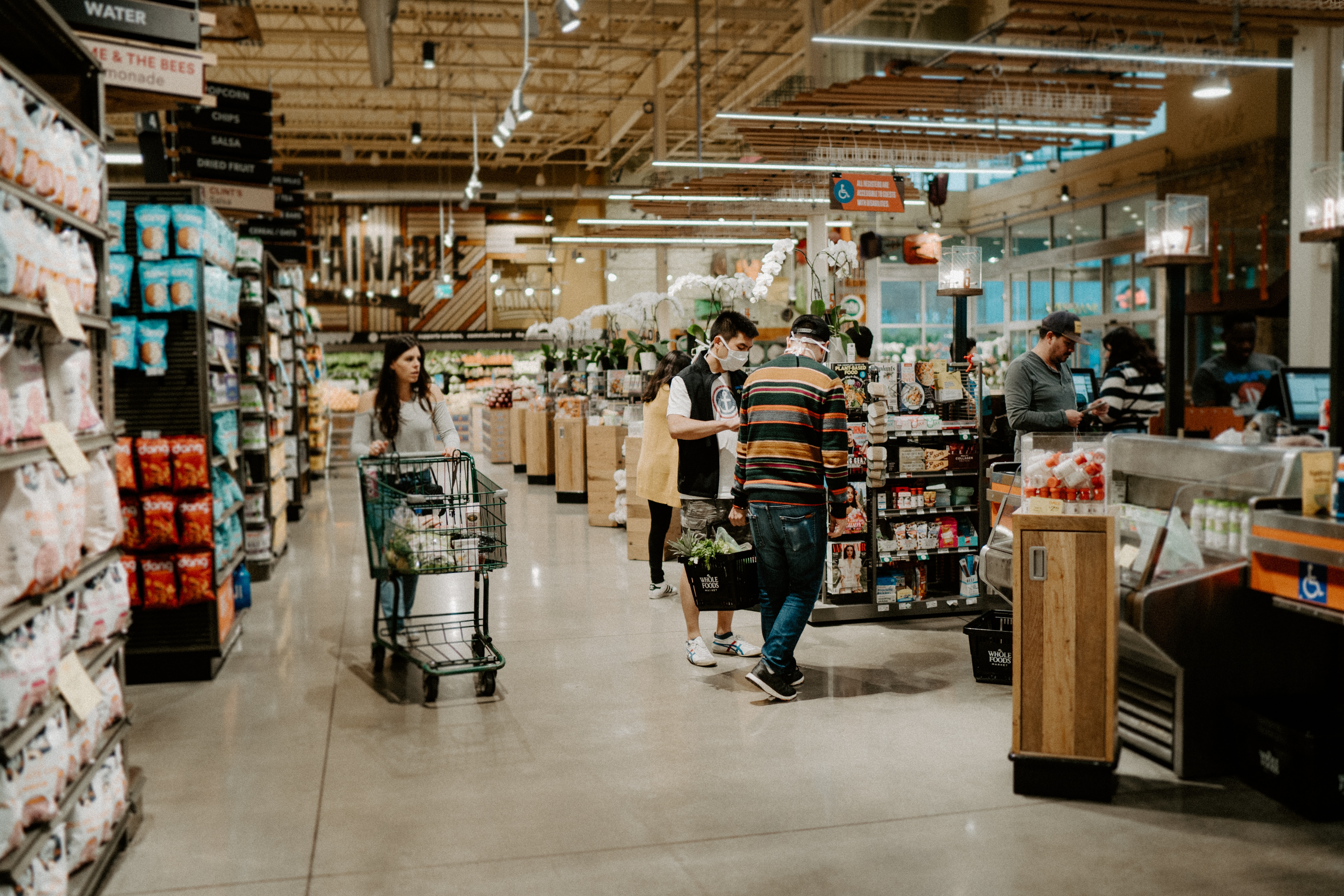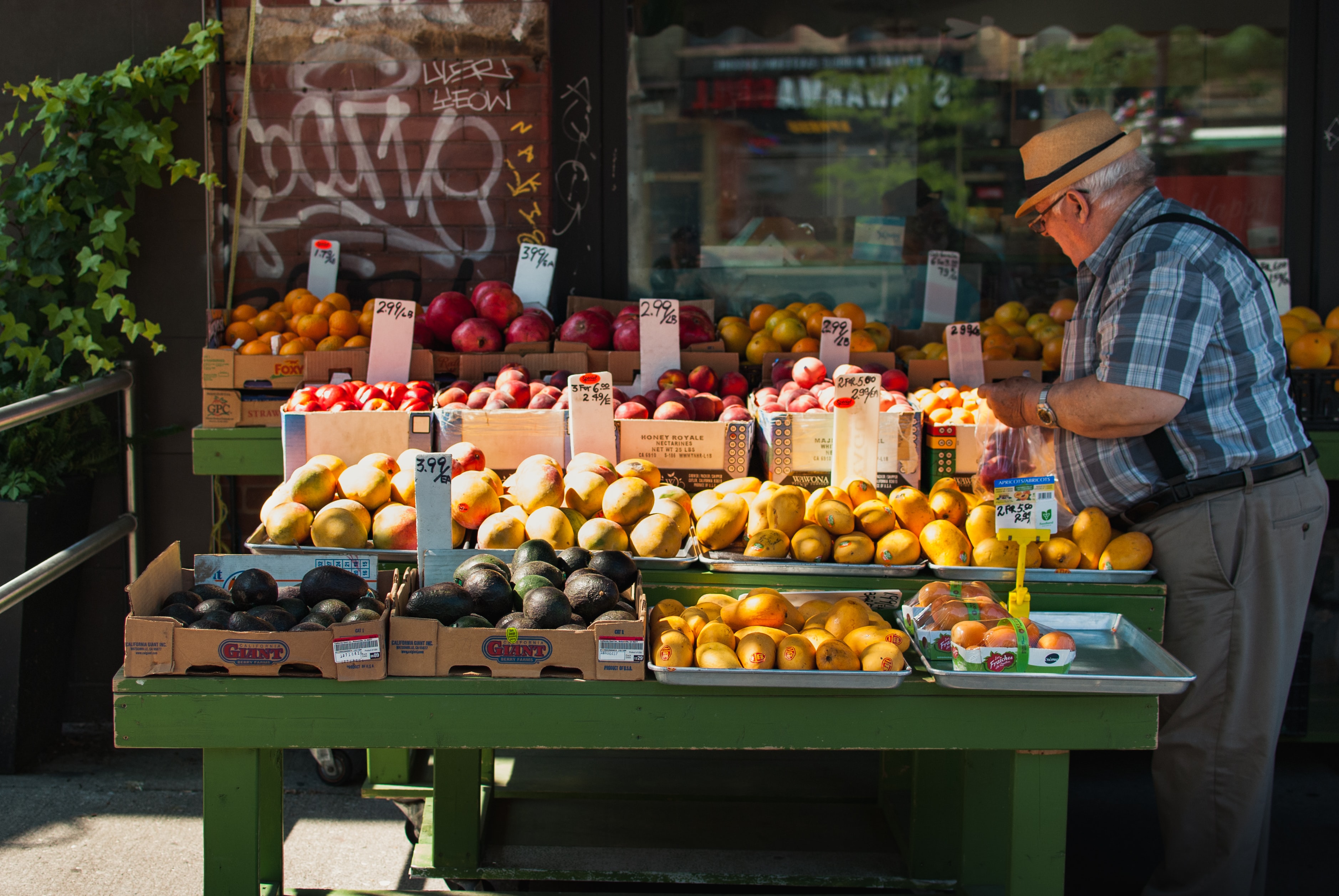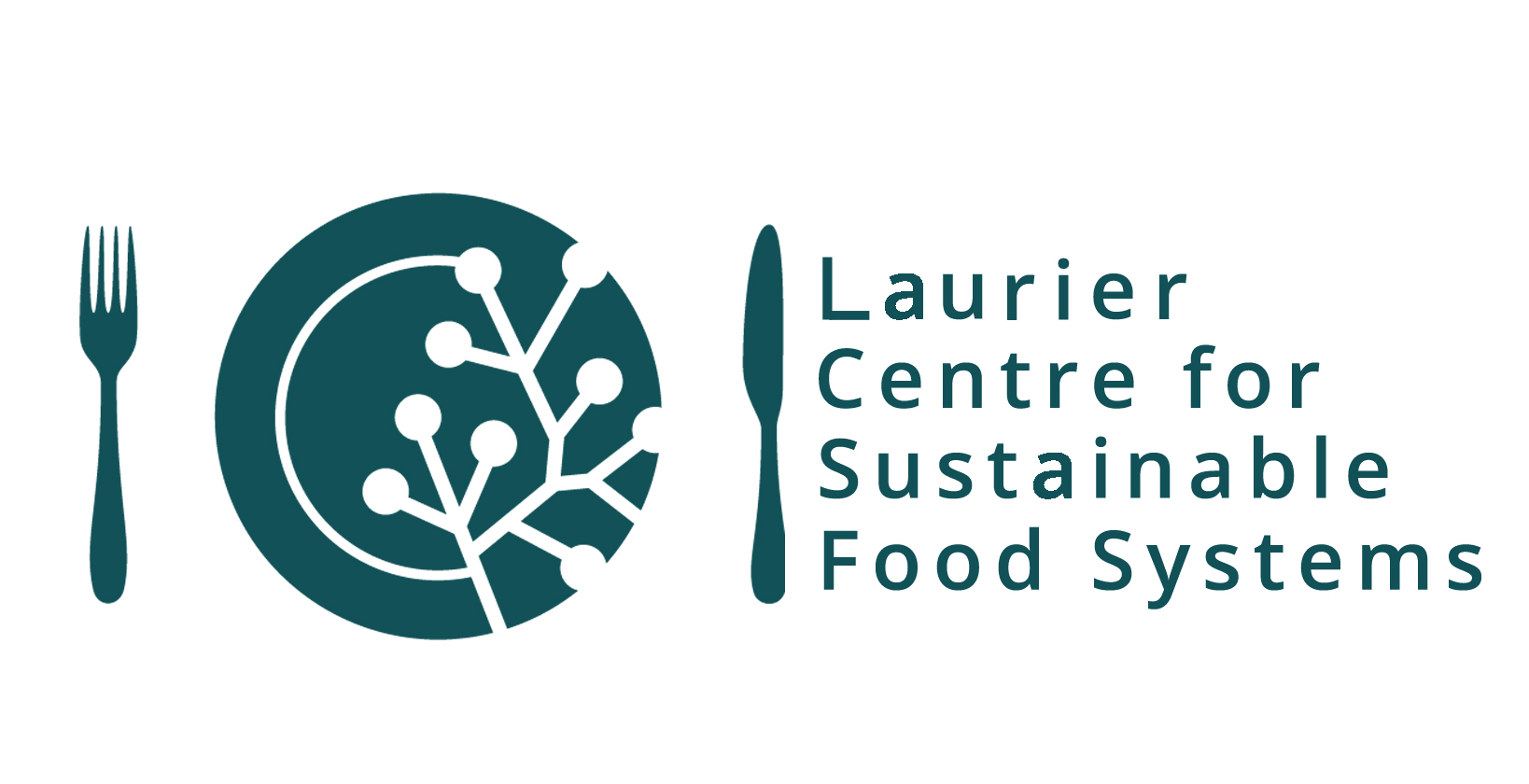Notes from the Chair: COVID 19 Reveals Gaps in our Food Systems
Alison Blay-Palmer, UNESCO Chair on Food, Biodiversity and Sustainability Studies
It feels as though the world has been turned upside down and shaken by COVID-19. In just a few short months, the novel coronavirus has impacted daily life in profound ways as the pandemic has thrown the systems and institutions that we take for granted into crisis and exposed how things actually work. We know more now than we did a few weeks ago about how health care and other essential services get delivered. People on the front lines of our hospitals, grocery stores, and city services are suddenly more visible. So too are the chains that get masks, respirators, and food to where they are needed. We can see, first hand, the strengths and weaknesses of ‘business as usual.’
The COVID-19 crisis has shone a particularly bright light on our food system. The complexity of food growing, handling, processing, delivery, preparation, and disposal has become obvious and the safe, fair working conditions of workers all along global supply chains is a significant concern. As borders close around the world for an indefinite amount of time, interesting and vital questions about where our food comes from have become top of mind. We find ourselves worried about our food supply and wondering how we can be more sufficient locally.
At the community level, there are countless remarkable NGOs and community groups that address food injustice every day that are adapting their programmes to deliver emergency food aid. Organizations like FoodShare in Toronto and Roots to Harvest in Thunder Bay have mobilized their resources in impressive and creative ways to fill gaps in emergency food access during the COVID-19 pandemic. Where they are allowed to stay open, farmers’ and open air markets across the country, such as the Yellowknife Farmers Market, are adapting to the realities of physical distancing and finding new ways to ensure consumers still have access to fresh, local food. Fair food advocacy groups across the country are working hard to ensure that emergency responses to the COVID-19 crisis create more equity and sustainability in food systems. Sustain Ontario is petitioning to have community gardens recognized by the provincial government as an essential service. Nationally, Food Secure Canada is advocating for robust food policies that will make food systems better post-COVID 19. On the digital front, Open Food Network, an open source farmers’ market, is helping food growers, harvesters, processors, and distributors adapt to the crisis across Canada and internationally through digital food hubs that create direct links between farmers and eaters.
In Canada, all levels of government are beginning to recognize that the food system is an essential service with some providing immediate support. For example, the Government of Canada announced an investment of $100 million in food banks, Community Food Centres, and local food organizations earlier this month. The Ontario provincial government announced Ontario Together, a program which solicits help from businesses, researchers, and organizations in the COVID-19 response and includes a $50 million fund for immediately actionable solutions. Municipal governments are working hard to identify food resources that citizens can access as they cope with heightened food insecurity because of jobs lost, decreasing access to services for marginalized communities, and calls to stay at home to stop the spread of the virus.
People in communities and the researchers that support them have been working to build more resilient, localized food systems for many years. While we need a global food system for the trade of commodities, like Canadian wheat or imports like coffee, tea, and citrus fruits, there are many things we can grow and process closer to home to soften the impact of pandemics and other shocks. Our research into the food system in the Greater Golden Horseshoe found that there are many foods we could be growing locally but aren’t. At the same time, food that is grown locally often leaves the region while comparable foods are imported. For example, it is estimated that 25 percent of carrots produced are exported and 20 percent of carrots consumed are imported. In many ways, our current food system relies on the aggregation and redistribution of goods. But when we take a step back to consider what a more local, resilient food system could look like, that aggregation and redistribution is harder to understand. Thankfully, we know that there are alternatives to our current food systems and how we get food to our tables. Research out of Kwantlen Polytechnic University in British Columbia modeling food self-reliance demonstrates the potential to achieve a substantial and increased level of food self-sufficiency even in face of the expected near doubling of regional population. This analysis indicates the potential to nearly double all economic indicators over the baseline for export commodity-oriented food systems—that means potentially increasing the GDP by 94%, total economic output by 91%, tax revenue by 99%, total employment by 87%, and household income by 89%.
The COVID-19 pandemic and the shocks it has sent through our food system demonstrate that we need food systems that are more resilient and equitable. While there are many examples of initiatives that help deal with the situation in the immediate, we must also think about the future we want as we emerge from this crisis. The UNESCO Chair in Food, Biodiversity and Sustainability Studies is working with research and community partners on papers and policy recommendations that address the challenges that have been exposed by the COVID-19 pandemic. We recognize that this is an unprecedented time in our history and that we have the chance to learn valuable lessons for our collective future so we can create a new, more sustainable path to recovery. The impact of the pandemic is profound and will reverberate through our public institutions and the everyday lives of Canadian citizens for years to come. But it also opens up important conversations about our food system. We need to use this moment to shake things up, so the next time we face this kind of challenge, we are better prepared.






